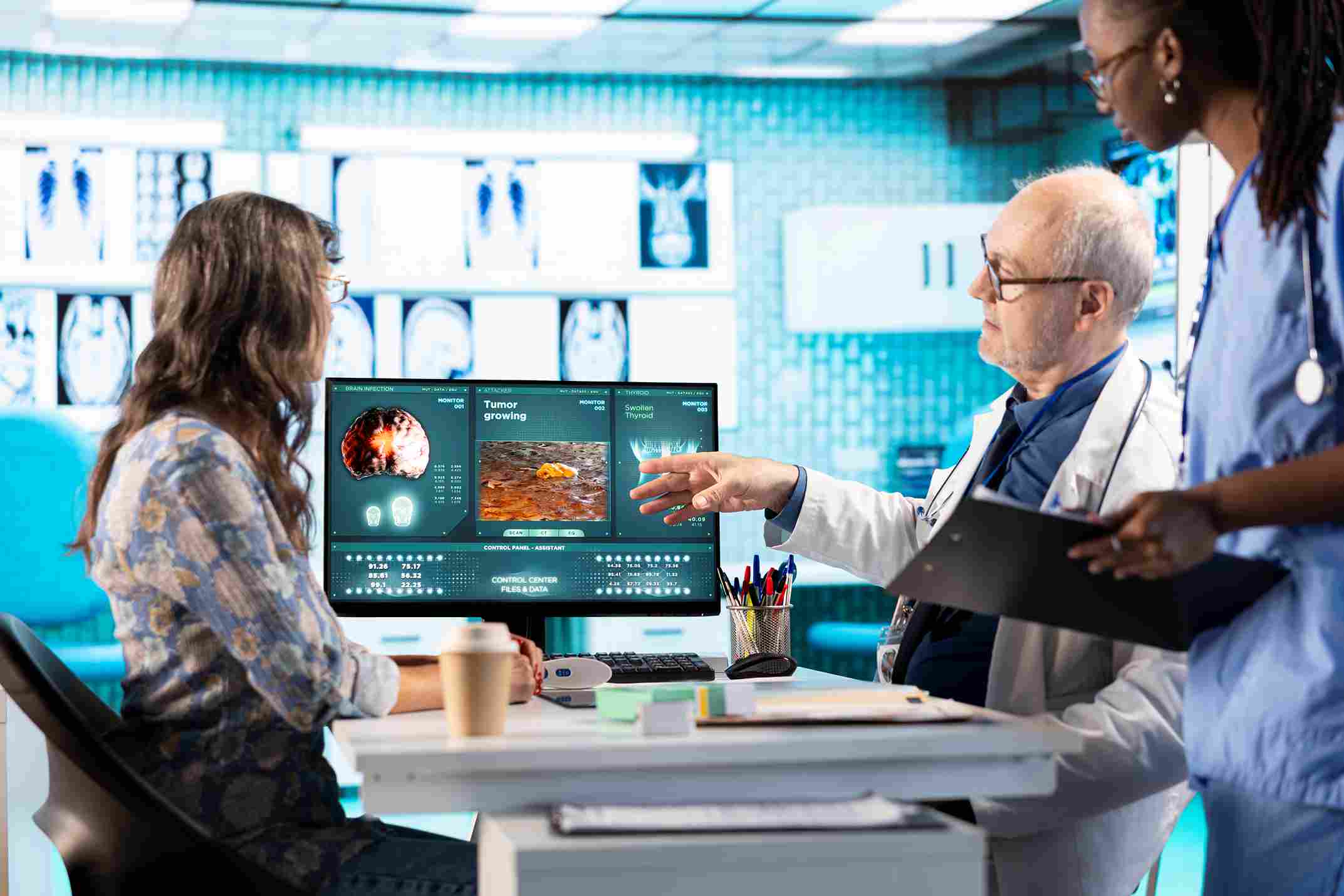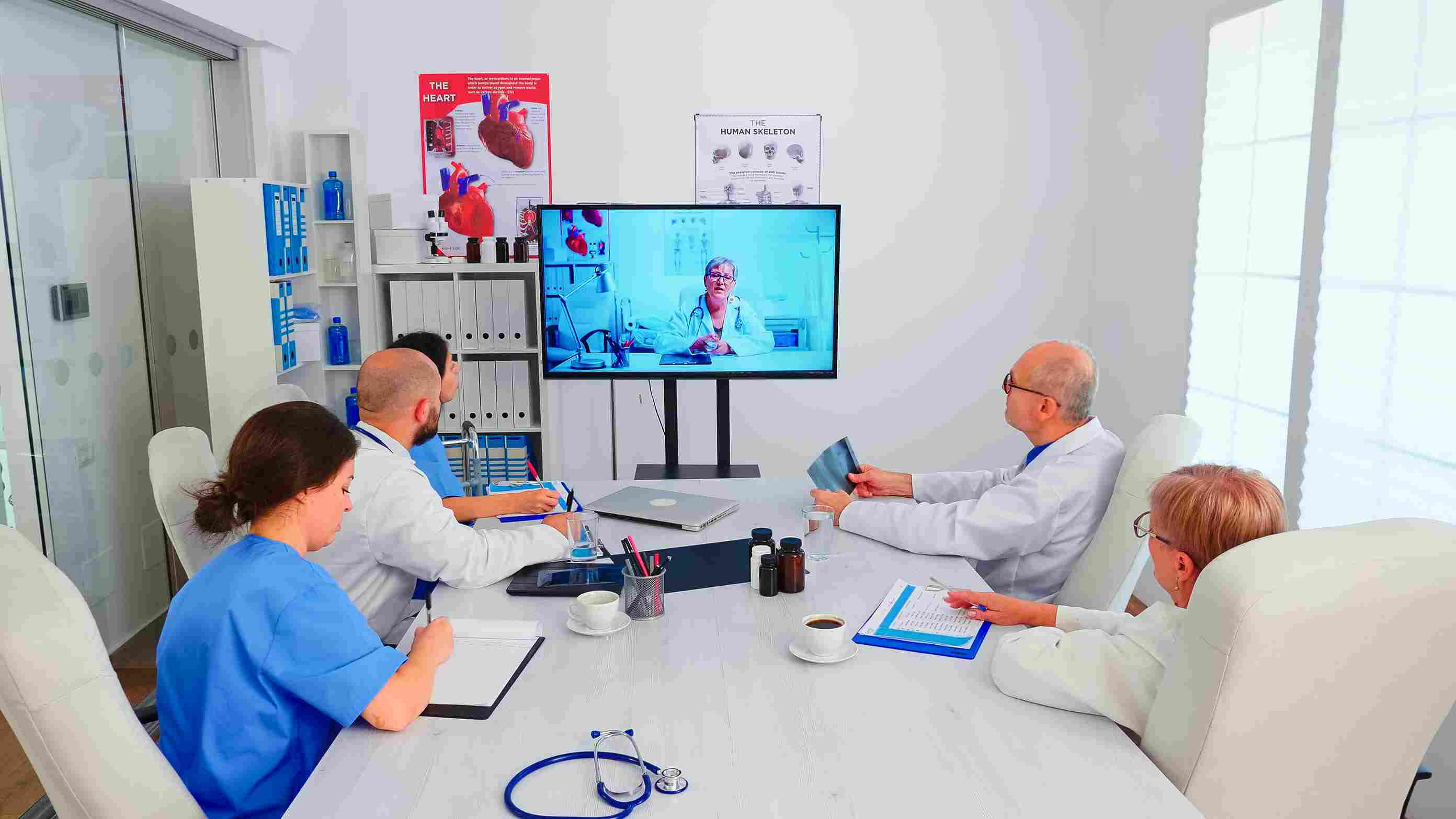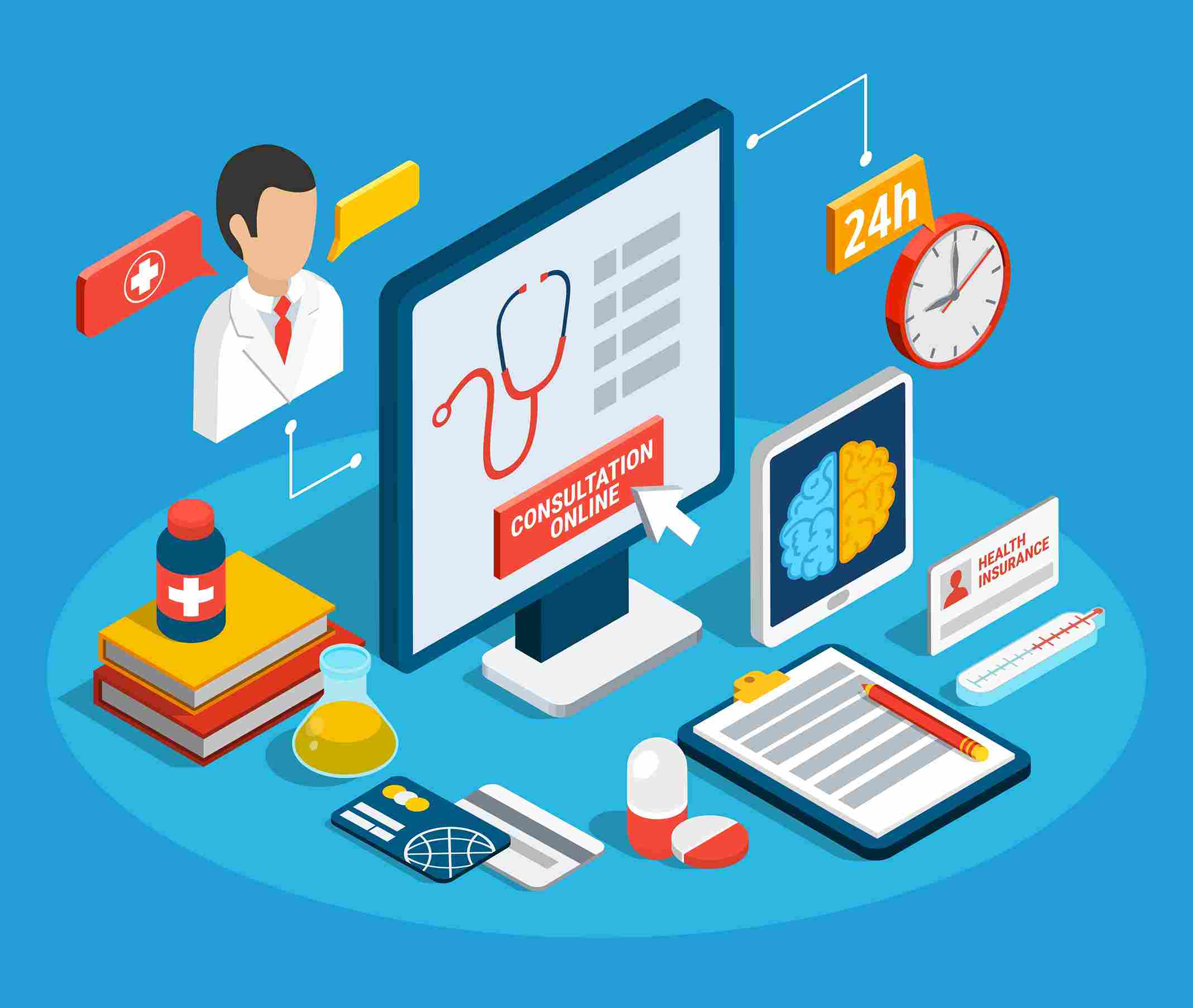
In today’s rapidly evolving healthcare landscape, hospitals and clinics face mounting challenges. Rising patient volumes, complex administrative tasks, regulatory pressures, and the demand for high-quality care all put immense strain on healthcare facilities. Traditional paper-based or fragmented digital systems are no longer sufficient to meet these demands. This is where the need for a Hospital Management System (HMS) becomes critical, offering a comprehensive solution to streamline operations, enhance patient care, and future-proof healthcare organizations.
Understanding the Hospital Management System

A Hospital Management System is an integrated digital platform designed to automate, organize, and centralize the diverse processes within a healthcare facility. It brings together clinical, administrative, and financial operations – such as patient registration, appointment scheduling, electronic health records, billing, inventory management, and reporting—into a single, unified system. By digitizing these workflows, HMS empowers hospitals to operate more efficiently and deliver better patient outcomes.
Why Hospitals Need a Hospital Management System
1) Streamlining Administrative Workflows
Hospitals are complex organizations with multiple departments, each handling vast amounts of data and paperwork daily. Manual processes are time-consuming, error-prone, and often lead to inefficiencies. An HMS automates routine tasks like patient registration, appointment scheduling, billing, and inventory management, drastically reducing administrative overload. This not only saves time but also allows staff to focus on patient care rather than paperwork.
2) Enhancing Patient Care and Safety
The primary goal of any healthcare facility is to provide safe, effective, and timely care. An HMS centralizes patient information, making it easily accessible to authorized healthcare providers. This ensures that doctors and nurses have up-to-date medical histories, test results, and treatment plans at their fingertips—reducing the risk of medical errors, misdiagnoses, and adverse drug interactions. Seamless access to data also enables faster decision-making, personalized treatment, and improved patient safety.

3) Improving Operational Efficiency
By automating and integrating hospital processes, an HMS eliminates redundant tasks, minimizes manual errors, and optimizes resource allocation. Features like smart patient flow management, digital billing, and automated inventory control streamline operations across departments. This leads to reduced wait times, smoother patient journeys, and enhanced staff productivity.
4) Centralized Data Management and Interdepartmental Communication
One of the biggest challenges in healthcare is fragmented data—information scattered across different departments and systems. An HMS acts as a centralized repository for all patient and operational data, facilitating real-time access and collaboration among doctors, nurses, pharmacists, and administrative staff. This unified approach strengthens communication, ensures consistency, and supports coordinated care delivery.
5) Reducing Human Errors and Ensuring Compliance
Manual processes are susceptible to errors – be it in patient records, billing, or medication administration. An HMS significantly reduces these risks by automating data entry, standardizing procedures, and providing validation checks. Moreover, it helps hospitals comply with regulatory requirements by maintaining accurate audit trails, secure data storage, and access controls. This not only safeguards patient privacy but also protects the hospital from legal and financial penalties.

6) Enabling Data-Driven Decision Making
Modern HMS platforms offer powerful analytics and reporting tools that provide real-time insights into hospital performance, patient outcomes, and resource utilization. Administrators can track key metrics, identify bottlenecks, and make informed decisions to improve efficiency and quality of care. Data-driven strategies also support long-term planning, budgeting, and compliance initiatives.
7) Enhancing Patient Experience
Today’s patients expect convenience, transparency, and personalized care. An HMS enables online appointment booking, digital billing, and access to electronic health records through patient portals. This not only improves patient satisfaction but also fosters trust and engagement. Automated reminders, faster service delivery, and reduced wait times further contribute to a positive patient experience.
8) Cost Savings and Resource Optimization
Implementing a hospital management system leads to significant cost savings by reducing paperwork, minimizing errors, and optimizing resource utilization. Automated inventory management ensures timely availability of medications and supplies, while streamlined billing processes reduce revenue leakage. Over time, these efficiencies translate into better financial health for the hospital.

9) Supporting Business Continuity and Scalability
Healthcare facilities must be prepared for unexpected disruptions, such as natural disasters or pandemics. An HMS provides secure, cloud-based data storage and remote access, enabling staff to continue operations from anywhere. The system’s scalability ensures that hospitals can expand services, add new departments, or integrate emerging technologies without major disruptions.
Key Benefits of Implementing a Hospital Management System
| BENEFIT | IMPACT ON HOSPITAL OPERATIONS |
|---|---|
| Streamlined Workflows | Reduces administrative burden and manual errors |
| Improved Patient Safety | Ensures accurate, up-to-date information for care teams |
| Enhanced Communication | Facilitates real-time collaboration across departments |
| Data Security & Compliance | Safeguards patient data and meets regulatory standards |
| Cost Efficiency | Lowers operational costs and optimizes resource use |
| Patient Satisfaction | Provides convenient, transparent, and timely services |
| Scalability | Adapts to hospital growth and changing healthcare needs |

Real-World Impact: How HMS Transforms Healthcare
Imagine a hospital where appointment scheduling, billing, and patient records are all managed manually. Delays, lost files, and miscommunication are common, leading to frustrated patients and overworked staff. Now, consider the same hospital with a robust HMS in place:
- Patients book appointments online and receive automated reminders.
- Doctors access complete medical histories instantly, enabling faster, safer care.
- Billing is accurate, transparent, and processed in real-time.
- Inventory is tracked automatically, preventing shortages or wastage.
- Administrators generate performance reports with a few clicks, supporting continuous improvement.
The difference is clear: a hospital management system transforms a hospital from a bureaucratic environment into a patient-centered, efficient, and future-ready institution. The need for a hospital management system is no longer a matter of convenience – it is a necessity for any healthcare facility aiming to deliver high-quality, efficient, and patient-focused care.

By automating core processes, centralizing data, and enabling seamless communication, HMS empowers hospitals to overcome operational challenges, improve patient outcomes, and thrive in an increasingly digital world. As healthcare continues to evolve, hospitals that invest in robust management systems will be better positioned to adapt, innovate, and lead.
Ready to modernize your hospital operations? Explore how a hospital management system can transform your facility and elevate patient care today.

